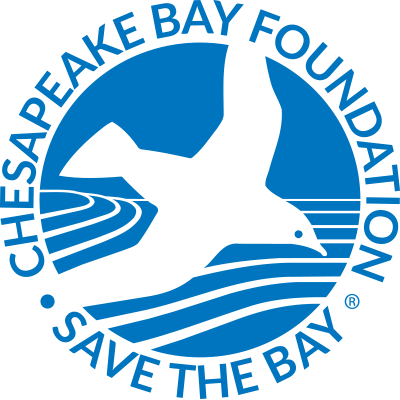
CBF: Polluted Runoff in the Bay
Learn about the consequences of polluted runoff within the Chesapeake Bay Watershed. Students learn what it means for a landscape to either be a green filter or a gray funnel.

Learn about the consequences of polluted runoff within the Chesapeake Bay Watershed. Students learn what it means for a landscape to either be a green filter or a gray funnel.
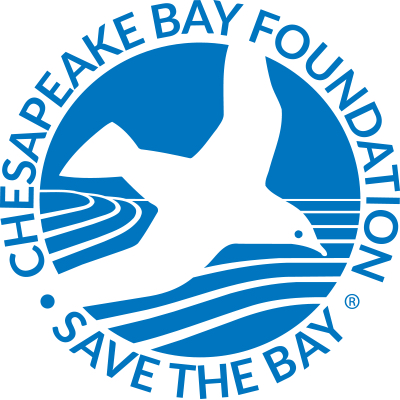
Glossary of the terms related to the Chesapeake Bay from the Chesapeake Bay Foundation.

Browse through research from the University of Maryland Center for Environmental Science on topics such as the Chesapeake Bay watershed and climate change.
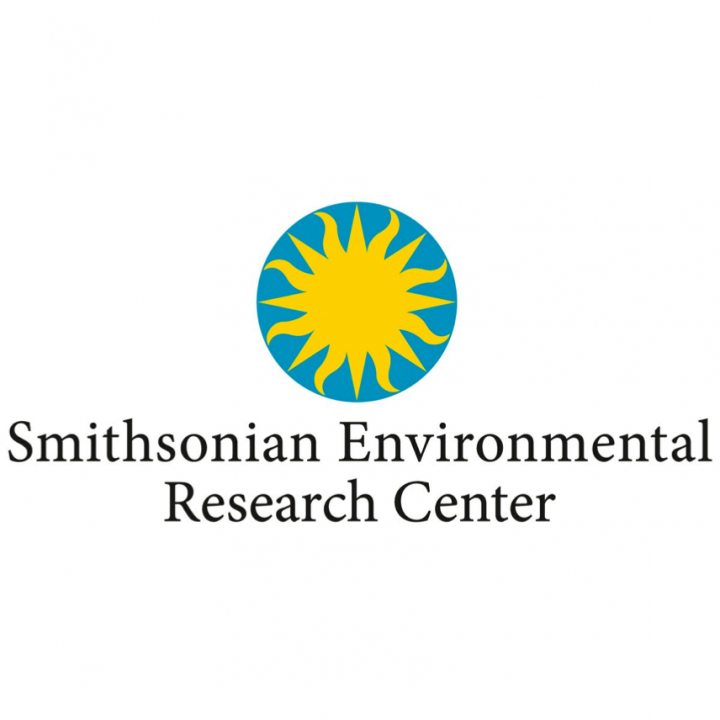
Explore the Smithsonian Environmental Research Center’s research by topic. Topics include biodiversity and conservation, biological invasions, ecosystems ecology, environmental pollution, food webs, global change, history & archaeology, parasite & disease
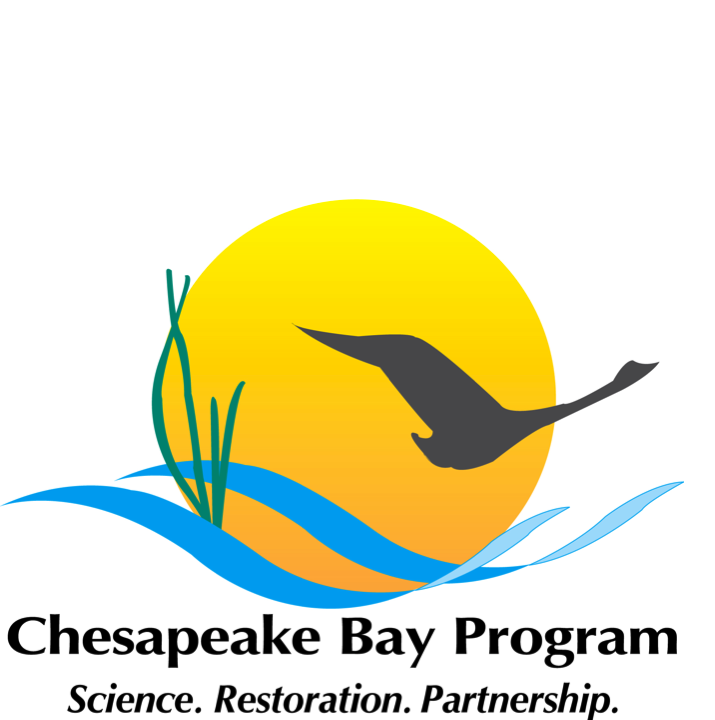
Learn about the current state of the Chesapeake Bay and the factors that have major impacts on its health. Each topic includes diagrams, data, maps, and an informative summary. Topics
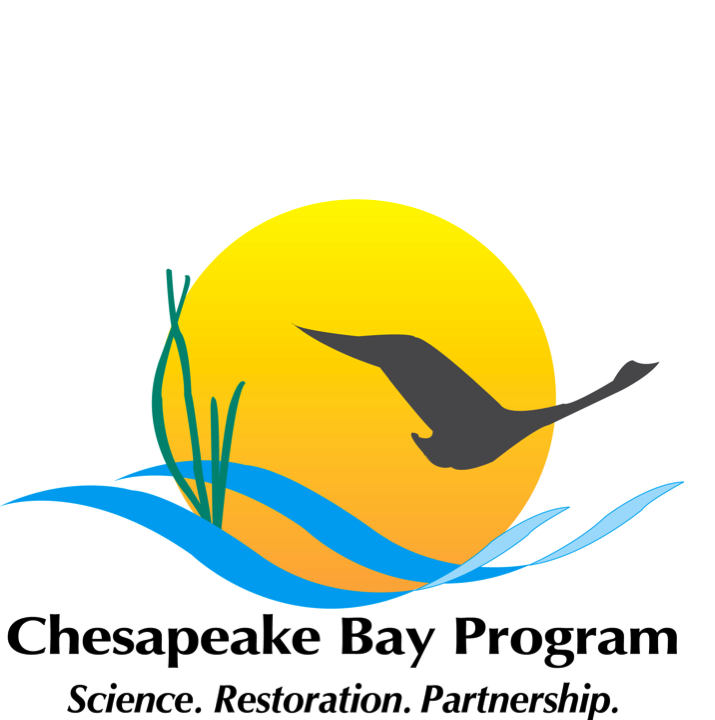
Learn about the complex issues involved in the health and success of the Chesapeake Bay. Each topic includes an introductory video, Overview, Importance, Effects on the Chesapeake Bay, and Current
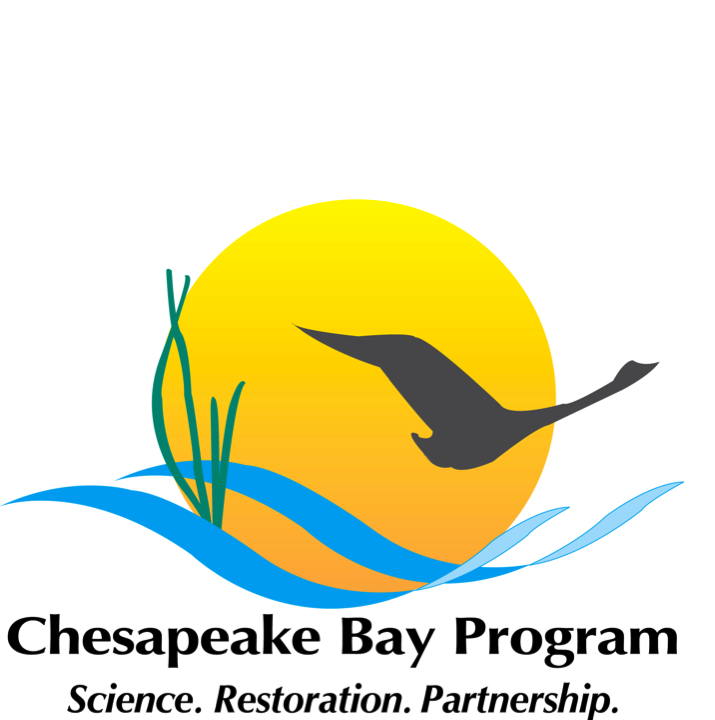
Field Guide: learn more about 250 species of birds, fish, insects, mammals, plants, reptiles, invertebrates, and amphibians in the Chesapeake Bay Watershed Facts & Figures: Discover details about the Chesapeake
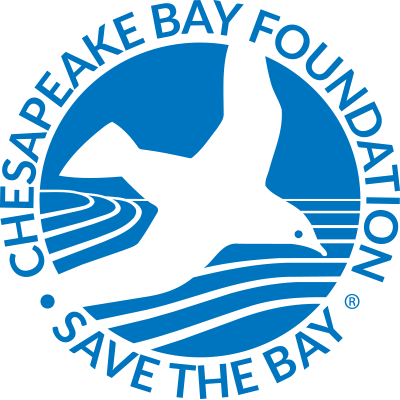
A lesson plan activity called “Bay-sic Ratios”. Includes background information, procedure, materials, vocabulary, interactive questions, charts and maps.

Register your school as an Eco School! Students learn environmental responsibility and how to take positive action. Includes Lesson Plans for teachers, Case Studies, Earth Charter for Education Guide, and
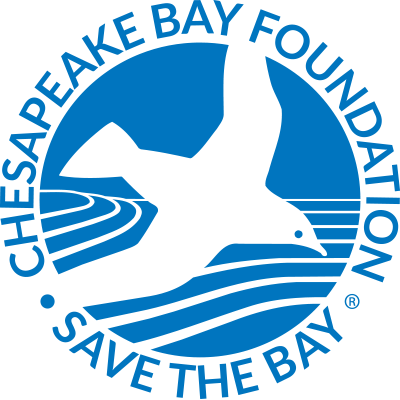
A lesson plan activity called “Ecological Identity Tree” from the Chesapeake Bay Foundation. Students create their own tree and label the trunk, branches and roots, according to their environmental experiences,
Notifications